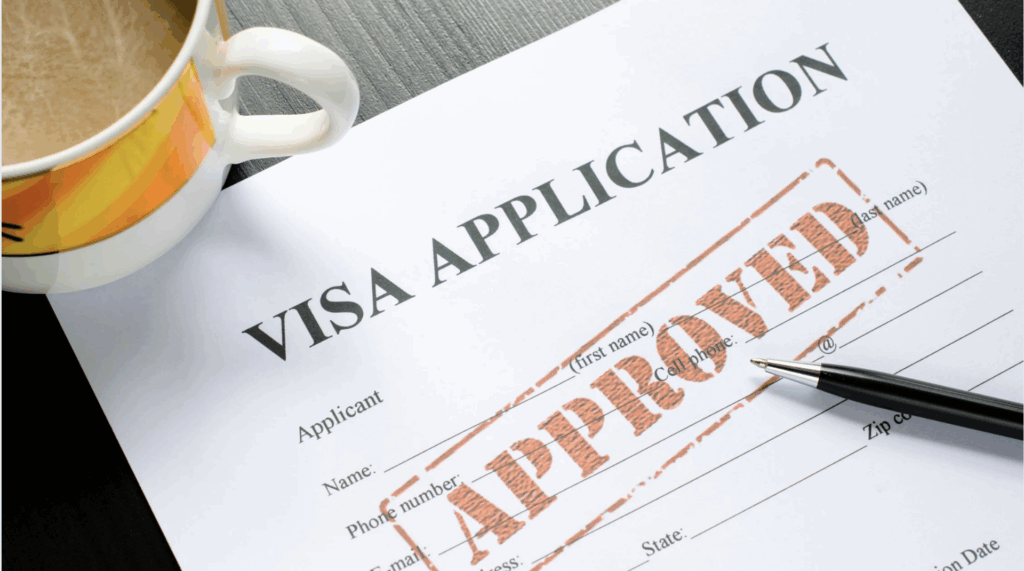Table of Contents
Global entrepreneurs and internationally minded investors have long gravitated toward the UAE for its zero-tax reputation, free zones, and strategic location. But with increasing pressure from international bodies like the OECD and EU to crack down on harmful tax practices, the UAE has evolved, shifting from a tax haven image to a jurisdiction committed to economic substance and tax transparency.
That evolution comes in the form of the Economic Substance Regulations (ESR, a game-changing compliance framework for businesses with a UAE presence.
If you’re a founder, investor, or UAE entity conducting cross-border trade, understanding ESR is now essential. This guide explains how economic substance rules work, who they apply to, and how your company can ensure compliance without sacrificing financial freedom.
Why the UAE Introduced ESR (and Why It Matters)

In 2019, the UAE introduced Economic Substance Regulations ESR through Cabinet Resolution No. 31 of 2019, later updated in 2020. This was in response to global demands to eliminate zero-tax entities that existed “on paper” but lacked economic activity.
Key Reasons:
- Align with OECD BEPS Action 5
- Address harmful tax practices
- Avoid blacklisting and maintain competitiveness
- Support transparency for tax resident businesses
Today, ESR compliance UAE is a pillar of the country’s business infrastructure. Ignoring it risks not only penalties, but also exposure to international tax authorities via automatic exchange of information.
What Are Economic Substance Regulations (ESR)?

At its core, economic substance means your business must show real operational activities in the UAE, not just a registered address or offshore license.
Covered Entities:
- Free zone companies
- UAE onshore entities
- Holding companies
- Foreign branches
- Offshore legal entities
Covered Sectors (Relevant Activities):
- Banking business
- Insurance business
- Investment fund management business
- Lease finance business
- Shipping business
- Headquarter business
- Holding company business
- Intellectual property business
- Distribution and service centre business
If your business falls into one of these sectors and earns income, you are required to file an annual notification and economic substance report.
Economic Substance Test: Do You Qualify?
To meet UAE economic substance requirements, your company must pass the economic substance test on an annual basis. That includes:

1. Directed and Managed in the UAE
- Hold board meetings with quorum physically present
- Maintain minutes and strategic decision records
- Oversight must happen within the UAE
2. Core Income Generating Activities (CIGAs)
- Income-generating functions must occur in-country
- No outsourcing CIGAs abroad
3. Adequate Economic Presence
- Employ qualified employees
- Maintain appropriate office space
- Incur adequate operating expenditure
For a holding company business, thresholds are lower. For a high-risk intellectual property business, the bar is significantly higher, requiring detailed documentation and significant economic presence.
ESR Reporting and Filing: Deadlines & Documentation
All UAE entities conducting relevant activities must file two core ESR documents annually:
1. Annual Notification Form

Due within 6 months of the financial year end. Even if your company didn’t earn income, you must file this.
2. Annual Economic Substance Report
Due within 12 months of the financial year end if your company earned income from relevant activities.
Required Supporting Documentation:
- Organizational structure
- Financial statements
- Board minutes
- Proof of CIGAs
- Employee contracts
- Details of office space
Late filing or inaccuracies can result in fines, audits, or the exchange of data with foreign tax bodies.
Penalties for Non-Compliance with ESR in the UAE
Failing to meet ESR obligations could damage your business’s financial credibility and legal standing. Here are the consequences:
| Type of Violation | Penalty |
| Failure to submit notification/report | AED 20,000 – AED 50,000 |
| Failure to meet the substance test | AED 50,000 (1st offense), AED 400,000 (repeated) |
| Information exchange with foreign tax authorities | If non-compliance persists |
High-risk companies—particularly those in intellectual property or investment fund management- face stricter scrutiny.
Best Practices: Ensuring ESR Compliance in 2025 and Beyond

Entrepreneurs should treat ESR not as a threat, but as a strategic requirement for global legitimacy.
Key Steps to Ensure Compliance:
- Conduct regular reviews to determine if your activities fall under ESR
- Establish physical operations: real offices, UAE-resident staff, financial performance
- Keep clean accounting profit records
- Align internal processes with regulatory authorities
- Engage local experts to stay ahead of ESR updates
Free zones like DMCC, RAKEZ, and ADGM can support ESR, but you must still show that your business meets economic substance thresholds.
ESR and Offshore Tax Planning: What’s Changed?
Offshore companies can no longer rely on “brass plate” setups in the UAE. To maintain benefits like UAE tax residency, access to local banking, and international treaties, you must comply with substance regulations ESR.
Whether you’re managing other assets, working in a service center business, or involved in finance mandates, substance is now the cornerstone of offshore success.
Conclusion: ESR is the New Standard for Entrepreneurs in the UAE
The UAE Economic Substance Regulations represent a pivotal shift in how global entrepreneurs must operate. They are not just rules to follow, they are a strategic layer that enhances your legitimacy, preserves financial mobility, and helps safeguard your global wealth.
Ready to navigate ESR with confidence?
Submit notifications, meet your reportable period deadlines, and protect your business with the right structure.
Need help with ESR compliance, annual reporting, or building real operations in the UAE? Contact our expert team today for confidential support.